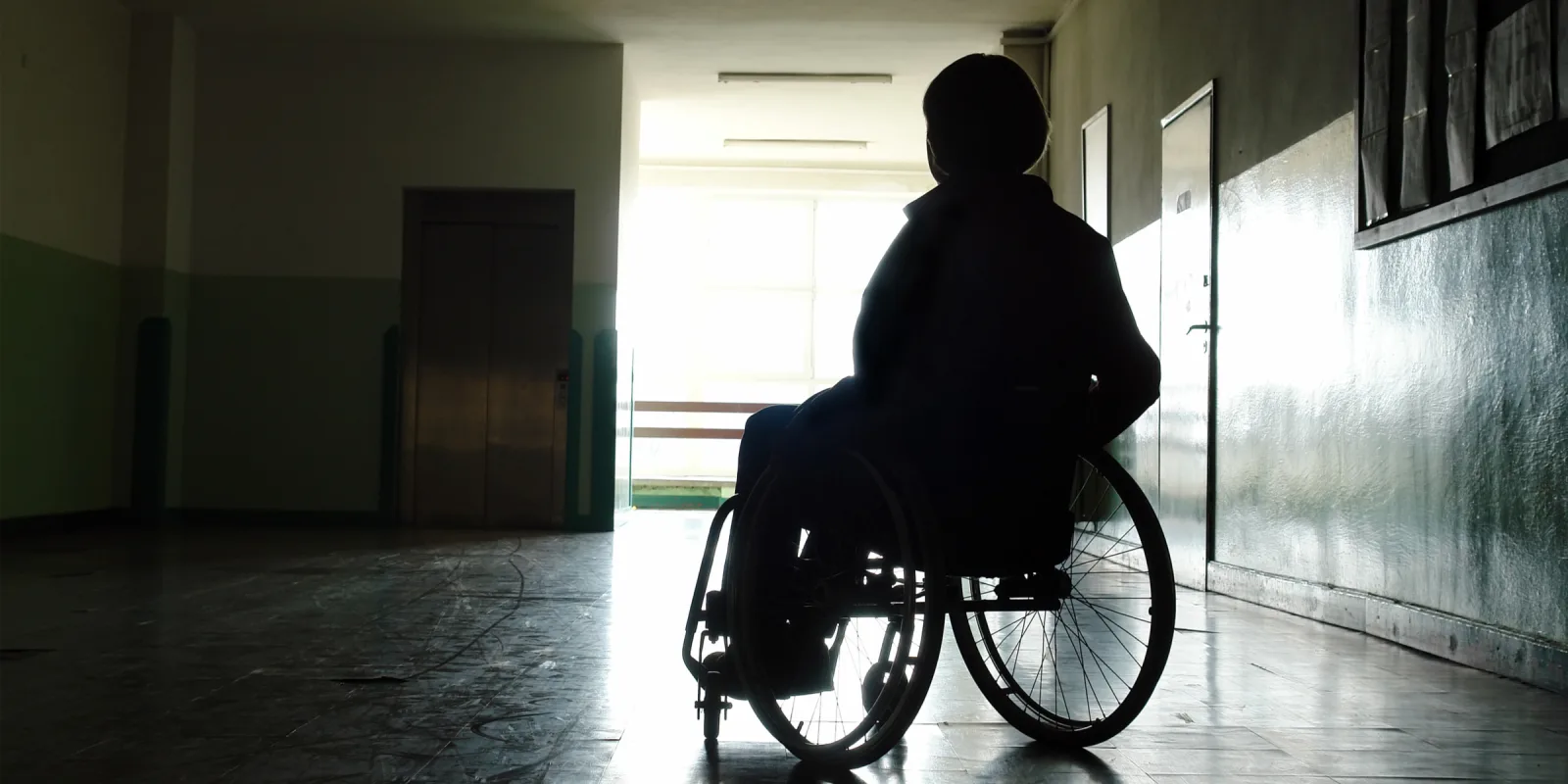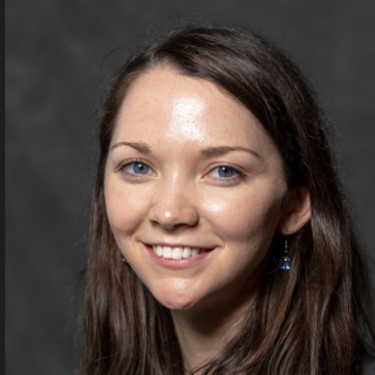It is no coincidence that my patient's hospitalizations all happen around the 25th of the month, around the time when her money runs out. When there is nothing left to buy food, she relies on her partner to push her wheelchair to the soup kitchen. There, meals are made with care, but the carbohydrates that keep hungry bellies full do not adequately accommodate a diabetic diet.
It has been years of this type of existence for her, the whirlpool of peculiar American poverty and the chronic illnesses it contributes to punctuating eras with loss. Right leg below the knee. Right leg above the knee. Left leg below the knee (the vascular surgeon found a way to salvage her tattoo; she was so grateful). Her vision. Left leg above the knee (the tattoo couldn’t be saved this time). Somewhere in the midst of all that, she also lost her child to the foster care system, her apartment, and some degree of the dignity of which she believed herself worthy.
With a course complicated by multiple soft tissue, skin, and bone infections, renal disease, several medication-resistant mental illnesses, substance use disorders, and chronic pain, a flurry of consultants parade through her room throughout the day. She can’t see her providers as they come in, and she can’t tell them apart by their voices. The time spent as an inpatient overwhelms and upsets her. It’s even hard for her partner to stay; he finds her so agitated that it tries his patience to be present for more than a few minutes. She feels alone and afraid.
The fear comes in many forms, as she struggles to understand medical jargon. It feels unfair to expect a woman who didn’t finish high school (likely, in part, due to her fetal alcohol spectrum disorder) to understand the intricacies of medical monitoring, the protocols for her treatment. It is hard to explain that the best treatment courses to get her sick body better commonly cause discomforts that are new to her. In the midst of it all, her fear comes out — loudly.
Even in the small and transient role I play in her medical care, I have shrunk from the loud-voiced agitation. I admit frustration with her puzzling behaviors that my limited perspective cannot not fully understand. How could she have let this get so bad? Why can’t she just trust us on this one? Shouldn’t she know better by now? I confess embarrassment for the times these thoughts crossed my mind. The embarrassment becomes shame when her attending predicts her prognosis: statistics suggest a life cut short by decades. How can I be so quick to become frustrated when she is the one suffering?
I try not to get lost there, in a spin of frustration and what feels not far from despair. How devastating that the sugar in her bloodstream has come to wreak this much havoc on her 40-year-old organs. I can’t blame her for wanting some sweetness; she pours six artificial sweeteners into her coffee, which seems like one of the few small pleasures she has left. So I suppose I can’t blame her for the different priorities she has as well; there is meaning, and trauma, and life experience that explains why she lives as she does.
She is so much more than the series of diagnoses that have come to dictate her life. She is far beyond the medical jargon and ICD-10 codes by which we get an idea of her here in the hospital. She loves animals and spent some time on a farm growing up. Her favorite color is purple. Even though she can’t see it, she loves the purple bedding given to her as a housewarming gift when she transitioned into housing after nine months of living outside (even through an upstate New York winter). She named her son after a comic book character. She loves him enormously and cries with complicated gratitude and resentment towards his foster family.
Learning to care for her is humbling and complicated. I can’t judge the frustrations I hear among the team of providers working to know her well. I have also felt that exasperation, though I wish I hadn’t. I am grateful that my role as a student affords me some time to listen about her life both within and outside of these walls. I learn to be delighted in the little ways that team members have been able to get through to her — the surgery resident who changed her wound vacuum while debating the superiority of particular superheroes, the psychiatrist who showed up for days, working to build enough trust to convince her to restart her medication. As I hear her perspective on the events that we document in her chart, I am filled with a complicated mix of sadness and awe for the ways she survives and makes sense of all she has been through.
While I am awed by the resilience I have witnessed through our conversations, I wish that her resilience was not so hard-won. Both her stories and her medical record materialize the connection between poverty and poor health. When the end of the month is growing closer, the food is running out, and the new insulin prescription can’t be picked up for another week, she will be back. To care for her, we must understand the connections between the medical and the social; we must work to bridge that chasm between us, filled with judgment and frustration, fear, and mistrust. I hope that through a mutual understanding, we can find ways to partner with her, to give her back a few days at the end of the month.
How have you partnered with patients, learning who they are along the way? Discuss in the comments below.
Michaela Barry is a fourth-year medical student at the University of Rochester School of Medicine and Dentistry, planning to pursue a career in Internal Medicine.
All names and identifying information have been modified to protect patient privacy.
Image: pryzmat / shutterstock







